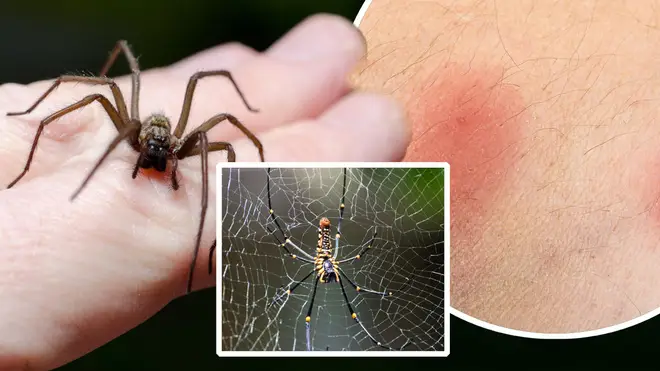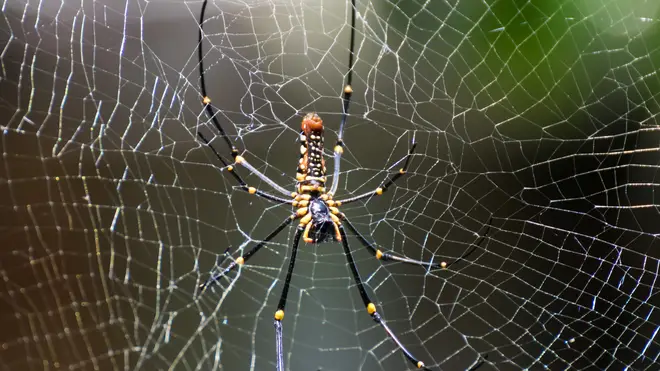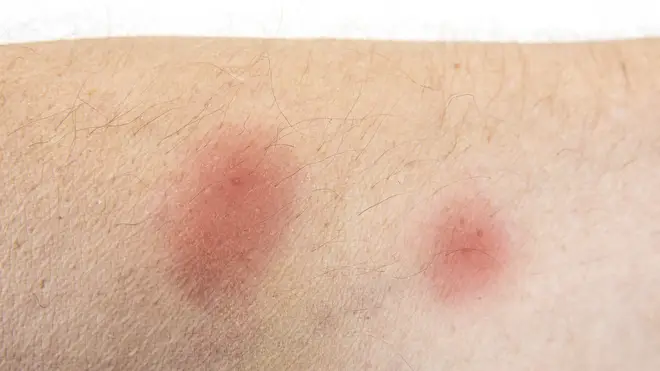On Air Now
Heart's Club Classics with Pandora Christie 7pm - 11pm
12 September 2019, 17:21 | Updated: 18 September 2019, 11:23

With spider season officially arriving in the UK, do you know how to deal with a spider bite?
It’s that time of year again – spider season.
People are set to see an influx of the creepy crawlies in their homes between September and October as mating season continues.
Across the UK, there are 650 different species of spiders, and all of them can bite.
Before you start panicking, it’s important to know that only 12 of these species can actually cause harm to us.
But how do you spot a spider bite and how do you treat them?

The NHS explain on their website that spider bites are uncommon, however, some bites – like that of the false widow spider - are nasty.
If you have been bitten by a spider, you’ll see small puncture marks in your skin, which can become painful, red and start swelling.
Some bites can cause the victim to feel sick and dizzy as well as cause them too start sweating.
Its also important to be aware that spider bites can became infected or cause allergic reactions.

The NHS advise seeking immediate medical help if you have “severe or working symptoms”.
If you are bitten by a spider, it is recommended that you wash the area before applying antibiotic cream.
Turn to painkillers and ice to soothe the pain, but also remember to visit your GP if symptoms get worse.